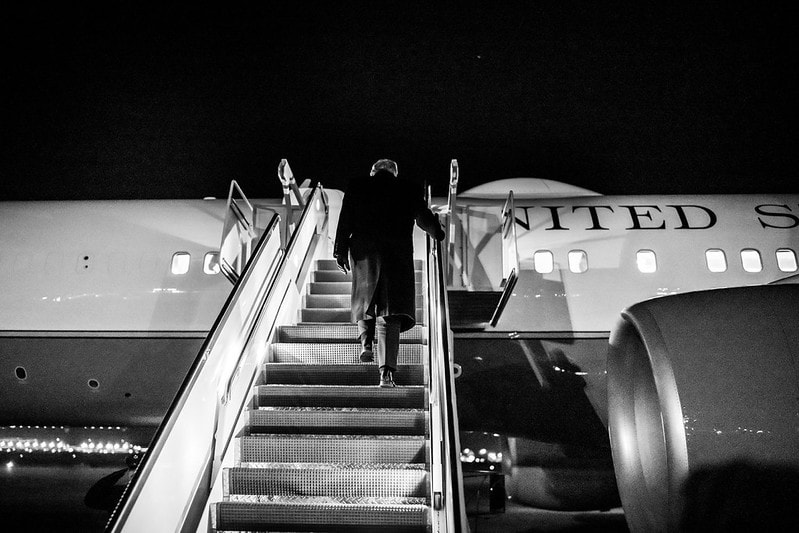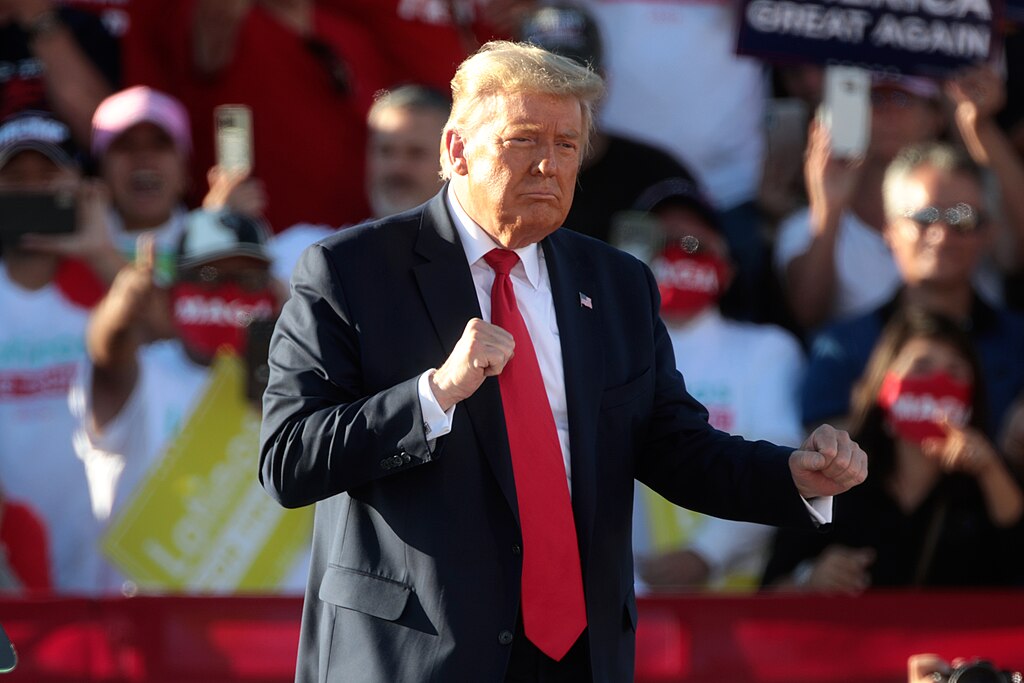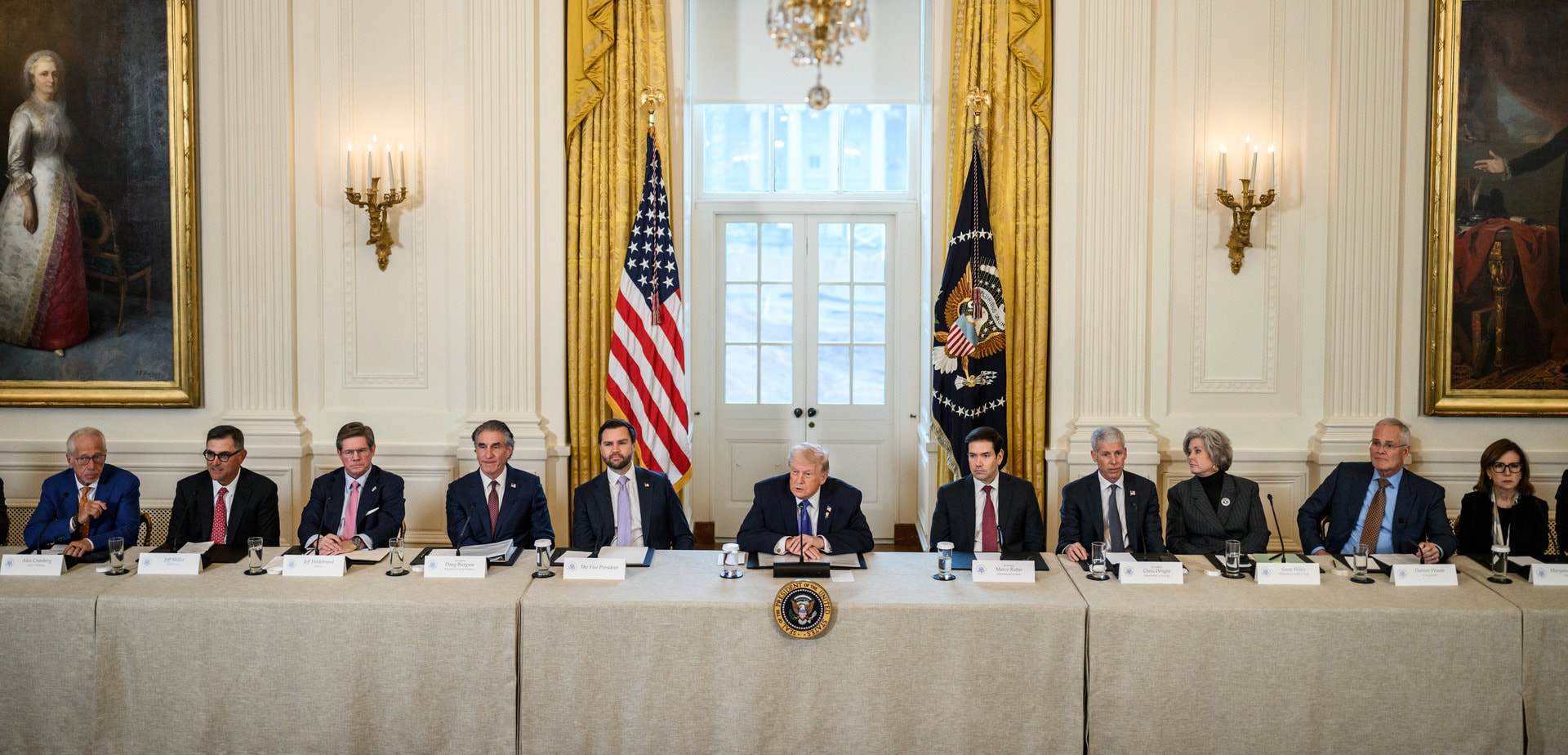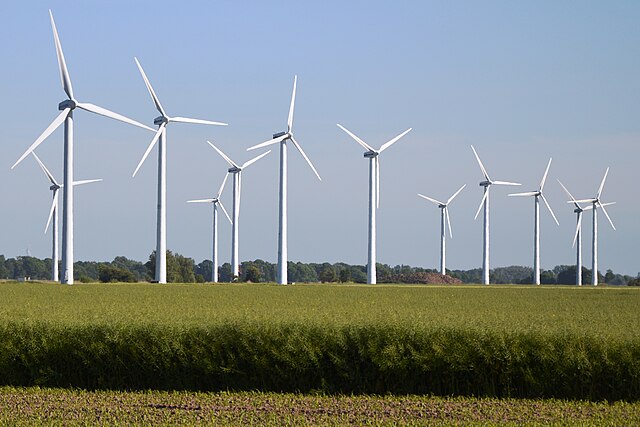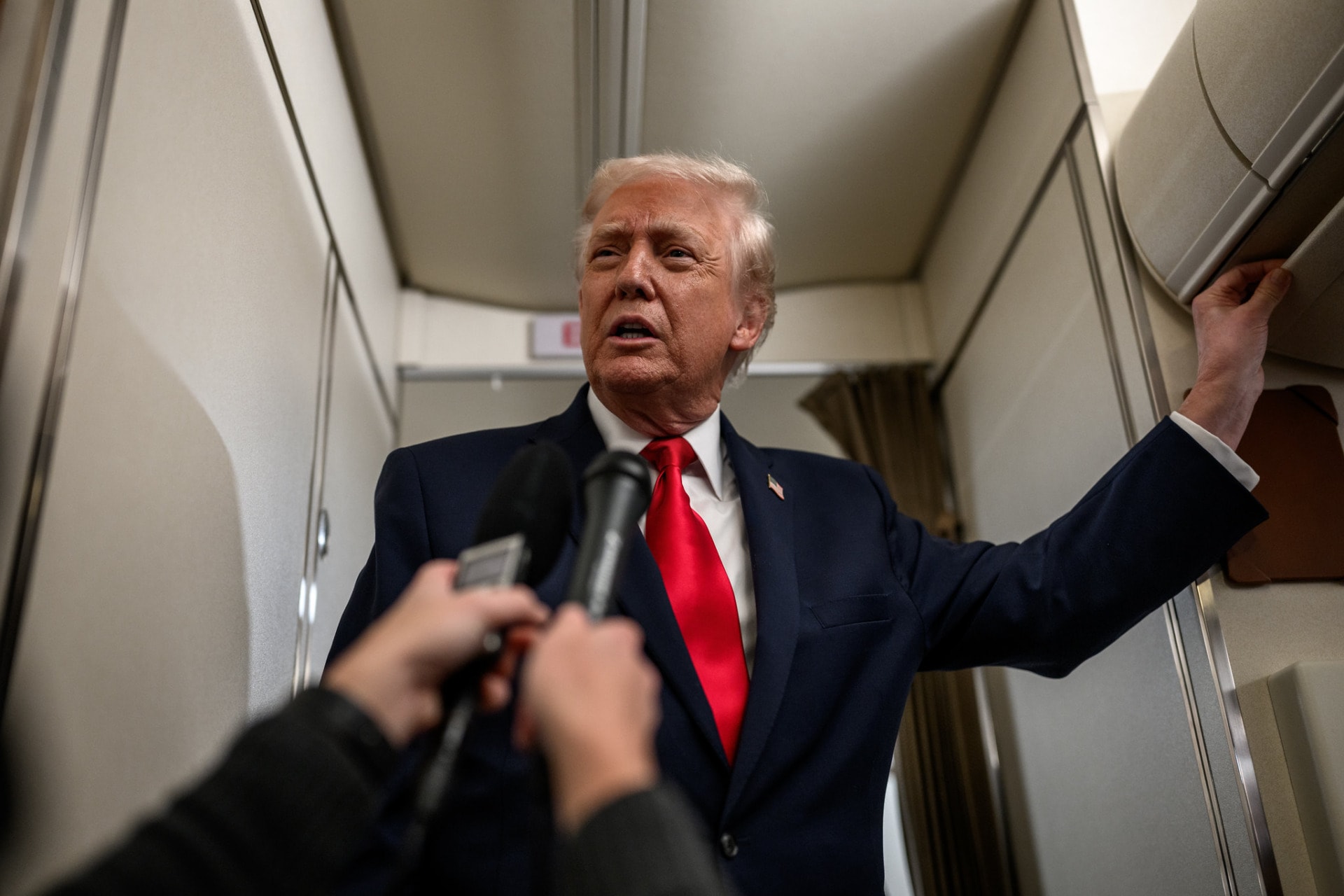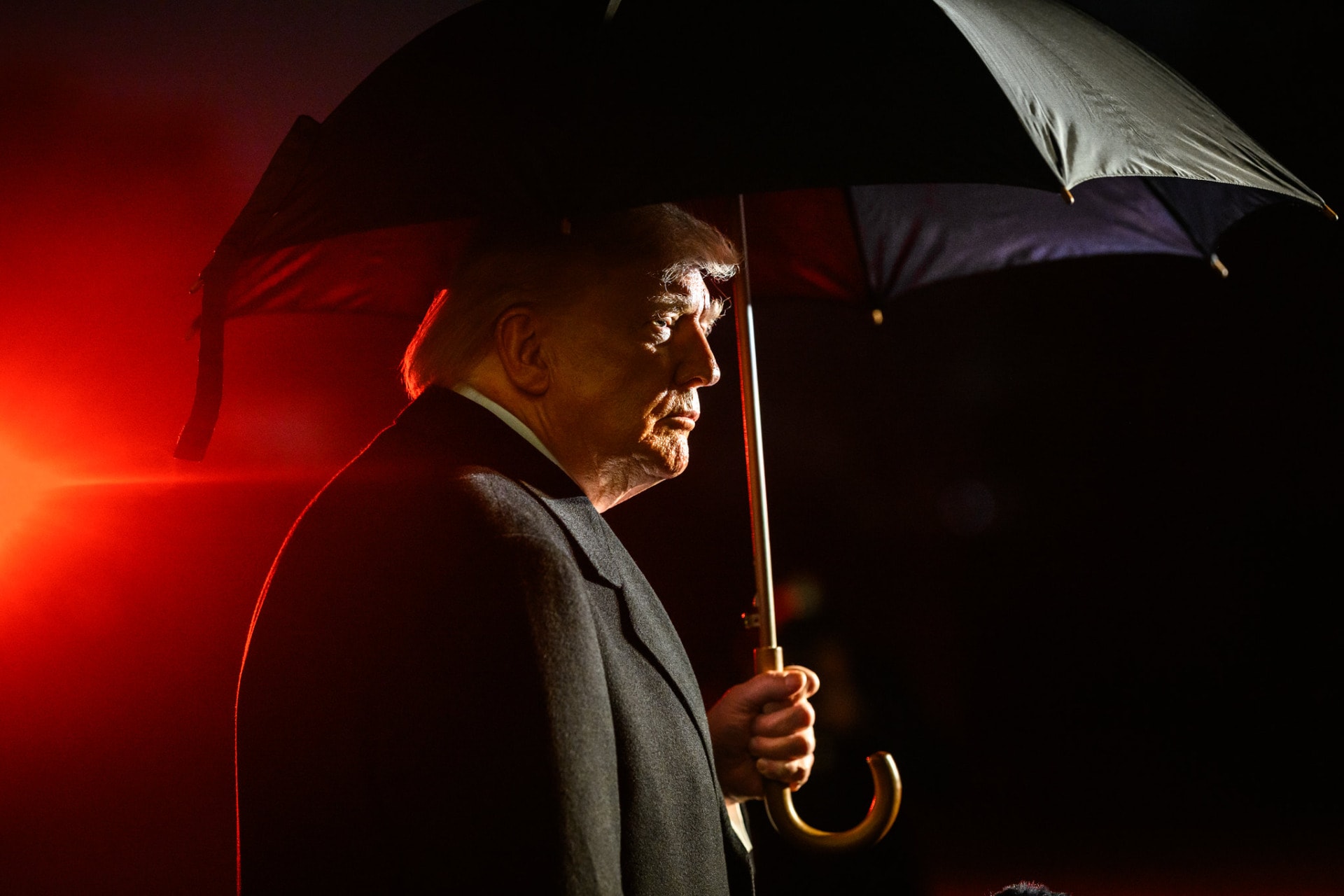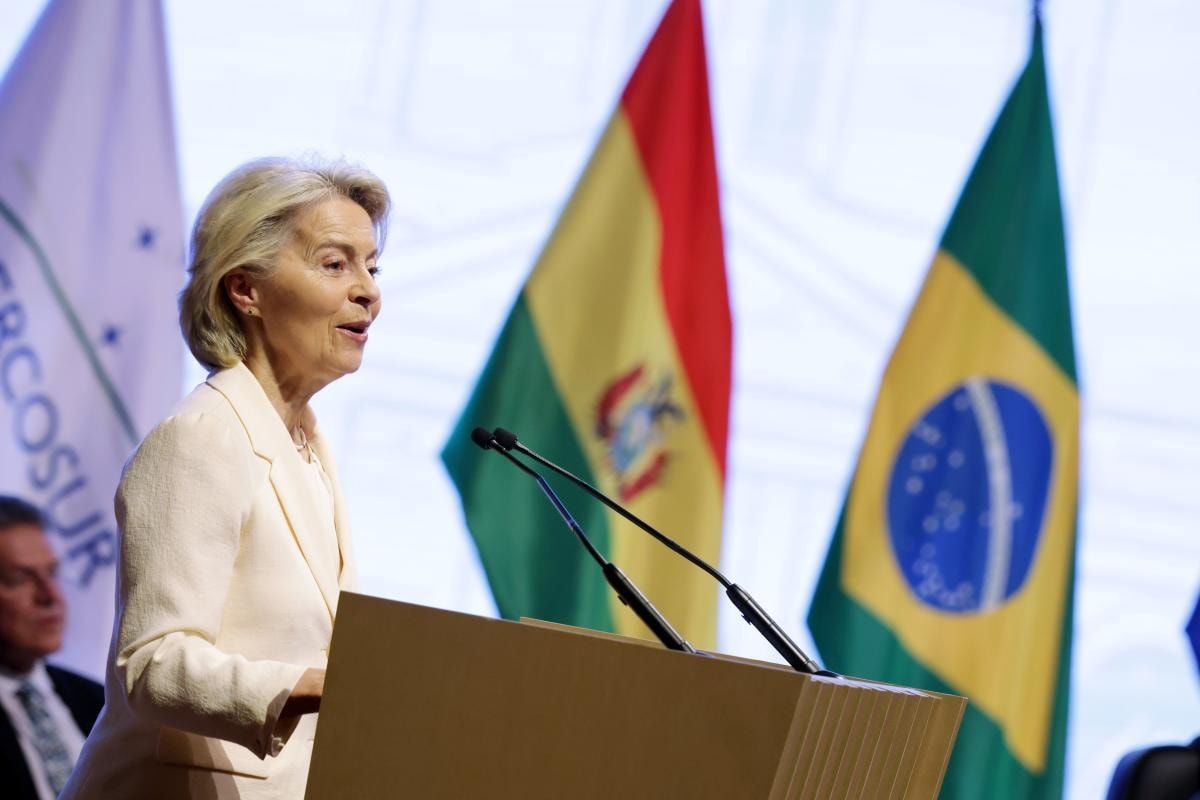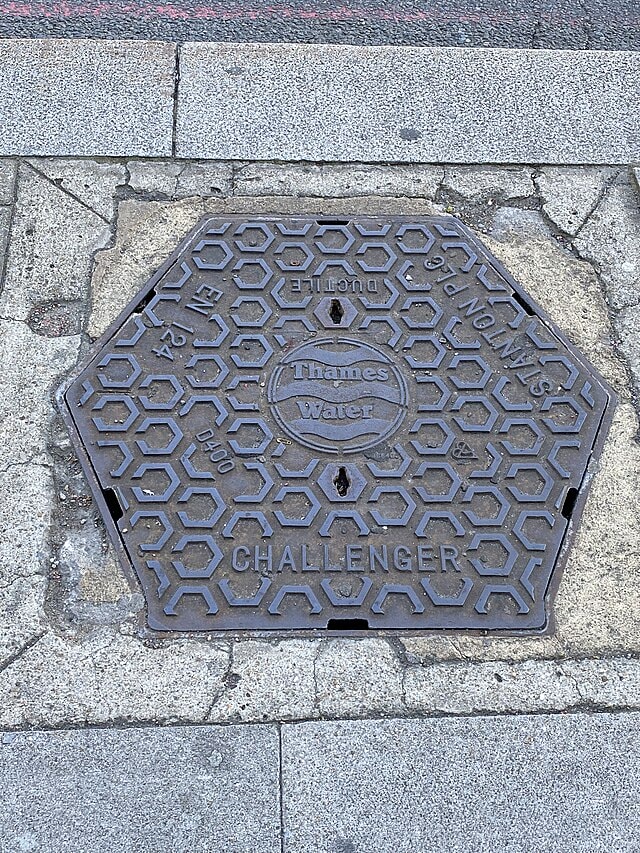Biden’s victory, as welcome as it is, means very different things for America and for the world. Here I will try to look beyond the coming eleven weeks of recriminations, accusations and lawsuits that Trump appears set to unleash. I am assuming here that the legal recourses are likely to fail and that Biden will be confirmed as the 46th President. There is little doubt that he will be facing challenges unlike any other President in American History. But his victory means different things for America and the world and I will focus more on what likely changes it will bring to the world.
First, a caveat: Should the Senate remain under the control of the Republican party, it will be very difficult for Biden to fulfill his promises and tackle the three major emergencies facing America today: COVID relief, structural racism, and climate change. And it will be even more difficult to address the large number of problems American society needs to solve in the realm of infrastructure, public health, education, public safety and more. But there are certain things Biden can do without the Senate and he’s already started doing them.
For America, it is clear that his first, most pressing task will be to try and heal the deep divide that has torn apart the nation and he knows this well. It was in fact the first thing he told his fellow Americans in his victory speech.
For the rest of the world, Biden’s first task will be to repair the damage Trump has done to America’s standing on the international stage. And here, the most pressing task will be to reinstate America as a leader in the fight against climate change.
America – together with China – is the world’s biggest polluter. And for the world, it has been a scary four years watching the U.S. go on a polluting rampage. A rampage triggered by Trump’s pulling out of the Paris Climate Agreement, systematically deregulating environmental protection and championing the fossil fuel industry.
Putting a stop to this environmental mess is something that allies of America in Europe expect – Europe has adopted a Green New Deal but its attempts to curb greenhouse gas emissions will fail if it is doing it alone.
This is something the rest of the world expects of America as well, with the exception of autocrats like Erdogan, Duterte, Bolsonaro, Orban and other populists. Indeed, among the first to send congratulations to Biden and Harris, even before the race was formally called, was Frank Bainimarama, the prime minister of Fiji, saying in a tweet: “Now, more than ever, we need the USA at the helm of these multilateral efforts (and back in the #ParisAgreement — ASAP!)”. Fiji is of course among the island countries most directly threatened by global warming and rising seas.
Congratulations, @JoeBiden.
Together, we have a planet to save from a #ClimateEmergency and a global economy to build back better from #COVID19.
Now, more than ever, we need the USA at the helm of these multilateral efforts (and back in the #ParisAgreement — ASAP!) pic.twitter.com/mhX9HWR5HI
— Frank Bainimarama (@FijiPM) November 7, 2020
Can Biden Restore American “Soft Power”?
Until Trump came along with his “America First” agenda, America had been the undisputed leader of the free, democratic world it had helped to establish, coming out of World War II. Neither the rise of Xi’s China nor Putin’s antics like attacking Ukraine, conquering Crimea and interfering in the Syria war, nor America’s catastrophic wars in Iraq and Afghanistan had managed to indent this position.
America was the world’s economic and military hegemon. To obtain what it wanted in most instances, it didn’t need to exercise hard power, its “soft power” was enough.
Trump changed all that, mainly because his isolationism destroyed the foundation of American soft power.
In foreign policy, there are some things that Biden should be able to do without too much trouble, even if the Democrats do not gain control of the Senate. He can direct American diplomacy to renew relations with America’s historic allies – notably Western Europe with whom Trump has been battling (threatening commercial war and pulling out of NATO), but also Japan, Australia, New Zealand, Canada and Mexico.
Regaining a footing in the United Nations, rejoining the World Health Organization, and supporting the World Trade Organization (instead of paralyzing it as Trump has done) should also be possible. Most importantly, returning America to the Paris Climate Agreement is high on Biden’s agenda, as he tweeted on 5 November, the day the Trump administration officially pulled out of the Agreement:
Today, the Trump Administration officially left the Paris Climate Agreement. And in exactly 77 days, a Biden Administration will rejoin it. https://t.co/L8UJimS6v2
— Joe Biden (@JoeBiden) November 5, 2020
He notes that it will take exactly 77 days: By this, he means that it will be something he’ll do in the first week he is President. And he can do this easily as it does not require Senate ratification.
But, arguably, these are the low-hanging fruits. To restore American soft power will require much more.
As Fareed Zakaria powerfully argues in his latest book “Ten Lessons for a Post-Pandemic World”, the world has changed radically since 9/11. While America has stalled (possibly out of a sense of complacency, of being number one), the world has continued to evolve. Trump’s arrival only accelerated the changes that were already on-going.
Then came the COVID-19 pandemic, and it made crystal clear exactly how much American soft power had been destroyed.
We all discovered that the world had been forced by the pandemic to “put globalization on pause” – the term Zakaria uses to describe what the pandemic has done to world economic order. But we also discovered that America had withdrawn from international cooperation.
True enough, international cooperation hit a low point in the first wave of the pandemic as most governments retreated into nationalism – with the notable exception of the European Union Commission that continued to call for cooperation.
Most countries closed borders and competed with one another for PPE, descending in some cases into ugly “masks wars”. But Trump took it one step further, as Zakaria notes, unleashing a despicable world race for vaccine development when in early April 2020 he announced Operation Warp Speed, a private-public partnership that quickly obtained $10 billion from Congress.
This is in total contrast to what the rest of the world ended up doing. Europe and WHO took the lead to develop a vaccine not only for the developed world but for middle and low-income countries. COVAX, the vaccines pillar of the Access to COVID-19 Tools (ACT) Accelerator, is co-led by the Coalition for Epidemic Preparedness Innovations (CEPI), Gavi, the Vaccine Alliance, and the World Health Organization (WHO) in partnership with developed and developing country vaccine manufacturers, UNICEF and the World Bank. And COVAX now, with 172 countries involved, has the largest most diverse COVID-19 vaccine portfolio in the world, with 9 CEPI-supported candidate vaccines, a further nine candidates under evaluation and eight have entered clinical trials.
Note that Norway-based CEPI is a foundation set up in 2017 that funds research in infectious diseases and is financed by 14 governments, including France, Germany, the U.K., India, Japan and the European Union as well as the Wellcome Trust and the Bill and Melinda Gates Foundation.
But not the U.S. government.
Compared to Trump’s Operation Warp Speed, CEPI is very small: only $1.3 billion available for COVID vaccine research. And it is starved for funds: $800 million are urgently needed to achieve its aim of developing three safe and effective vaccines to be made globally available through COVAX. Reuters reported (3 Nov) that CEPI is funding a COVID-19 vaccine candidate by Clover, a Chinese company, adding for a total investment of some $328 million. A global phase 2/3 efficacy clinical study is expected to begin before the end of 2020.
Will the Biden administration support CEPI? Can a way be found for America to rejoin the global search for a vaccine once it has re-entered WHO? The World Health Organization-backed COVAX programme aims to deliver at least 2 billion doses of vaccine by the end of 2021. It would be nice to hear that the US is part of that effort.
A Wake-up Call for Europe…
It is clear that a Biden presidency heralds a return to normal times, normal relationships with old allies. But can trust be rebuilt? Because trust is required if American “soft power” is to be restored.
Certain steps Biden can take include not only rejoining the Paris Climate Agreement but also the Iran nuclear deal (the Joint Comprehensive Plan of Action, or JCPOA), improve relations with Cuba, work on a New START treaty, rejoin the Trans-Pacific Partnership (originally devised by Obama and abandoned by Trump). Each one of these moves would signal deep changes in American policy in (respectively) the Middle East, the Caribbean, Russia, Asia (and China).
Will that be enough to build Washington’s reputation as a world leader?
Probably not. As Ben Rhodes wrote in Foreign Affairs (Oct 2020):
“Global concerns about U.S. credibility aren’t simply tied to the calamitous presidency of Donald Trump—they’re rooted in the fact that the American people elected someone like Trump in the first place. Having seen Americans do that once, foreign leaders and publics will wonder whether the United States might do it again, particularly given the fealty of the Republican Party to Trump’s nationalist, authoritarian brand of politics. “
Some 70 million Americans have voted for Trump. And the Republican party continues to support Trump and Trumpism – a form of exacerbated nationalism, a Monroe Doctrine for the 21st century.
Thomas Kleine-Brockhoff of the German Marshall Fund think tank told the German newspaper Der Spiegel: “This election result isn’t the hoped-for rejection of Trumpist ethnonationalism by the population. On the contrary: Populism is alive and well.” David M. Herszenhorn, Politico’s chief Brussels correspondent wryly noted that “Europe confronts the reality that Trump was the symptom of a political trend, not the cause of it. He and his supporters aren’t going anywhere and that will make even a USA led by Joe Biden difficult to deal with.”
Europeans can expect further conflicts over trade issues – over subsidies for aircraft manufacturers Airbus and Boeing or the Nord Stream 2 gas pipeline. For Europe, the issues are clear: Trade, China, NATO, and Russia – all issues to be discussed at the upcoming Munich Security Conference, and at the 2030 Youth Summit it has organized as a co-event on 9 November (a virtual event that can be followed here).
It’s too soon to tell which future path we will follow: More cooperation or more nationalism. Biden’s election is a big step in the right direction – but, in itself, not enough. The world is at a turning point, and whether it will go bi-polar (the U.S. vs. China) or multipolar (Europe – China – U.S.) is anyone’s guess. Zakaria in his book argues for multilateralism – a stronger U.N., more international cooperation to constrain would-be authoritarian states. That would be my preferred choice too.
In the featured image: Vice President Joe Biden shakes hands with U.S. Navy Seaman Ashley Rice on the mess decks aboard the aircraft carrier USS Ronald Reagan, Naval Air Station on North Island, Calif., May 14, 2009. Source: VIRIN



